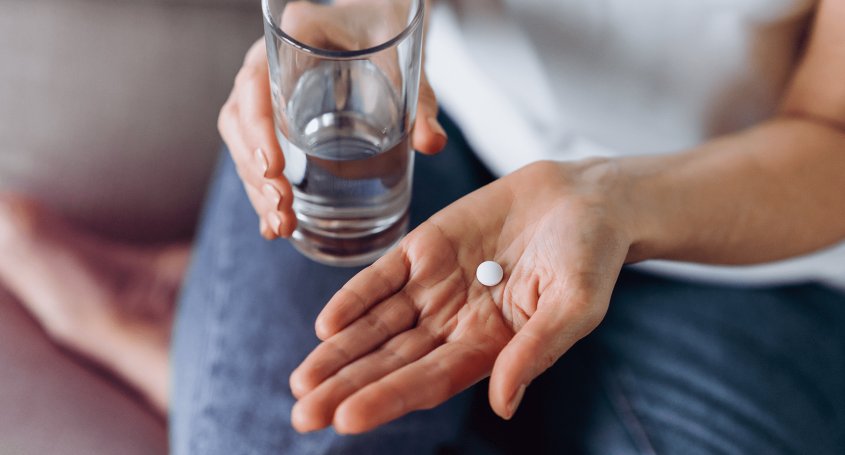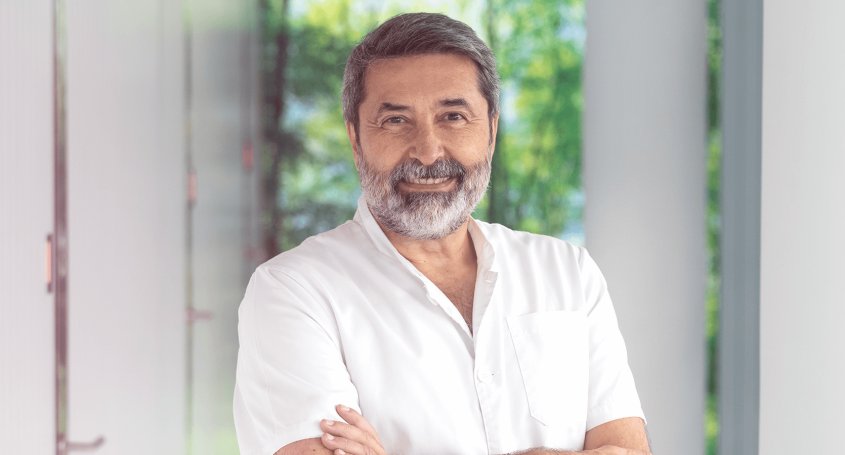One of thing that keeps surprising me is how urban legends are built up. I have a friend who has a friend who once… and so on…
Amongst recipients there are some wrong ideas regarding the donors that, to some extend, doctors have helped to become widespread. I’m going to share my opinion based on more than 10 years carrying out egg donations on these issues.
- The younger the better. These may seem quite obvious, but it isn’t. In Spain donors are between 18 and 35 years old, and this has an explanation. The fertility of the women remains the same during this period and the pregnancy rates are exactly the same as long as good embryos are transferred. Another thing is the number of oocytes that you harvest, that it’s slightly lower in donors older than 30. However the quality is still good enough to grant having both good pregnancy rates and the possibility of freezing embryos in the majority of the cycles. One thing that I believe is noticeable is that sometimes really young donors (18 or 19 years old) may yield worse oocytes than older ones. It’s like if the whole system of those young donors is not yet mature enough.
- Fertility proven donors are definitely better than those who are not. Not always. As it happens in infertile couples when a cycle ends up in a negative, we’re prone to blame the eggs too quickly. But the reasons of a failed cycle can be a bad uterus with fibroids or a poor developed endometrium, the coexistence of a male factor (something that nowadays happens in almost 40% of the egg donations) or just because the odds of getting pregnant even in an egg donation are still far from the desired 100%. So, once a donor has produced lovely eggs the likelihood of obtaining again good eggs in the next cycle is very high. This means good cycles with high chances of achieving a pregnancy. On the other hand donors who have previously get pregnant spontaneously may not necessarely have a good response when their ovaries are stimulated. One thing is having a good natural fertility and another is that her ovary may produce a sufficient number of follicles to become an egg donor. Quantity and quality are not always related.
- My baby is going to take after the donor. The donor is going to provide 23 chromosomes but, as I always tell my patients, this is a piece of clay that should be shaped during years by the parents, the family and the social environment. The fact that the donor likes the music does not mean that your baby will feel like hearing music the whole day. This is something that has been repeatedly demonstrated in cases of identical twins who have been adopted and brought up by different families. They’ve developed completely different personalities. In fact, we believe that the hardest part of “shaping” the baby’s character and likings starts right after the delivery.
There are other issues that can be discussed regarding what popular wisdom says about donors and I’d like to write about them. So, if you have any suggestion about something that you’ve heard and want us to confirm, just let’s know.














